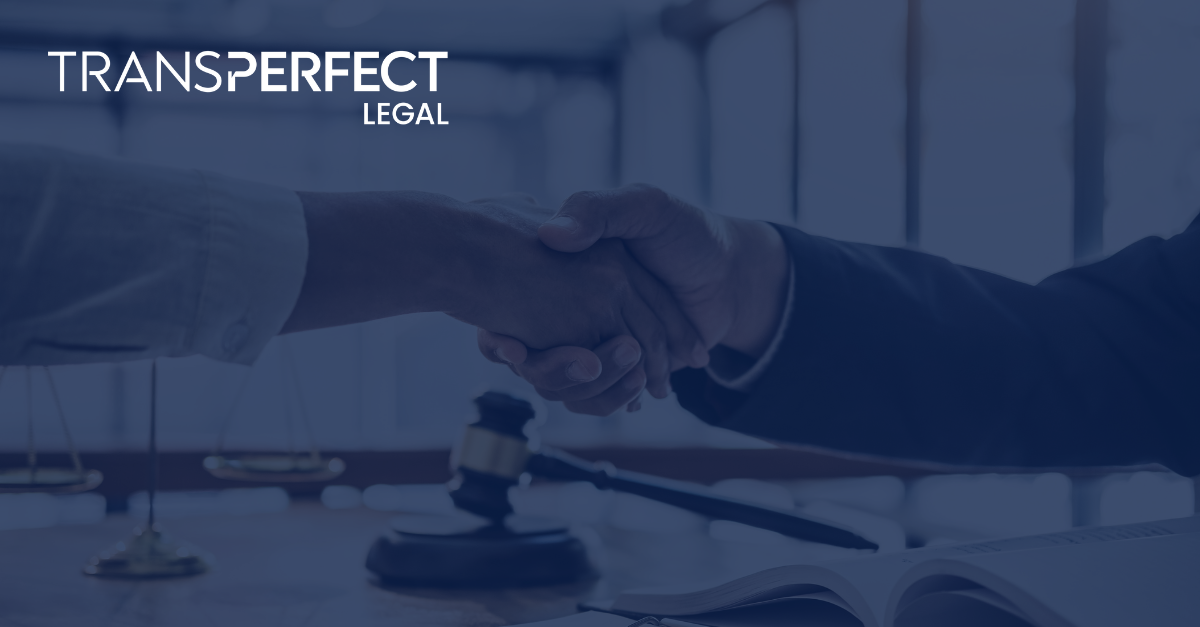Preserving Attorney-Client Privilege in the Era of Generative AI: Essential Guidance for Lawyers
Preserving Attorney-Client Privilege in the Era of Generative AI: Essential Guidance for Lawyers


As legal practices increasingly adopt generative AI (GenAI) technologies, protecting attorney-client privilege and client confidentiality has become a pressing concern. Recent data reveals that 81% of in-house counsel worry about AI's impact on privilege protection, with 56% seeing direct risks and 25% noting circumstantial concerns.
This widespread apprehension stems from GenAI platforms' inherent need to store and process data for training purposes. Depending on their retention policies, confidential client information could be exposed, creating unique challenges for maintaining privilege.
Not Just a Client Relationship Issue—A Matter of Professional Ethics
Under ABA Model Rule 1.6, lawyers must protect all "information relating to client representation," including data that could indirectly reveal protected details. The challenge is further compounded as courts apply increasing scrutiny to generative AI in the legal industry, particularly in distinguishing between privilege violations and work product doctrine.
- Privilege violations face strict review and require attorneys to take extra precautions when handling confidential information in AI-powered workflows.
- Work product doctrine primarily concerns adversarial disclosure, with courts generally rejecting “selective waiver” arguments—meaning legal teams cannot assume AI-assisted materials will remain privileged if the privilege is breached in any capacity.
Real-World Risk: AI and Privilege
Legal teams increasingly rely on Generative AI for efficiency, but this new technology can pose privilege risks. A recent Bloomberg Law article raised concerns about publicly available GenAI platforms retaining user queries and responses, making them potentially discoverable in litigation and jeopardizing work product and privilege protection.
The takeaway: Legal professionals should evaluate generative AI tools’ data retention and training policies before exposing privileged and confidential client information to such platforms. Firms should ensure their generative AI solutions protect against data exposure and align with ethical and legal standards.
Read the Fine Print
Initially, many generative AI platforms were hosted on public cloud environments, where any submitted information could be used to further train the AI model and even influence responses to third-party queries. However, today’s private generative AI solutions offer greater security, with many platforms promising not to access user data for training purposes, not to share data with third parties, and to minimize data retention.
For legal professionals, scrutinizing the “fine print” of generative AI platform policies is essential. Failing to do so could pose risks to legal ethics and client obligations. Key considerations include:
- Data retention policies – Does the generative AI provider store or delete user inputs?
- Training and usage agreements – Is client data used to refine the AI model?
- Third-party access – Can the AI provider share data with other entities?
Final Takeaway: With Power Comes Responsibility
Generative AI has incredible potential to enhance efficiency in legal practice, but it's only as secure as the safeguards around it. Protecting attorney-client privilege in the AI era requires a proactive and strategic approach– one that balances innovation with responsibility.
By carefully vetting AI providers, scrutinizing data policies, and implementing robust oversight, legal professional can leverage AI's benefits without compromising confidentiality or ethical obligations. Interactions with these technologies should be handled with the same level of care as any other privilege communication, ensuring they serve as assets– not liabilities– in AI-powered legal workflows.